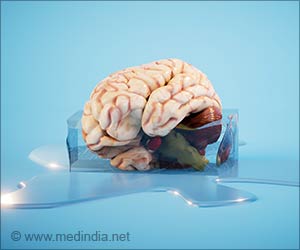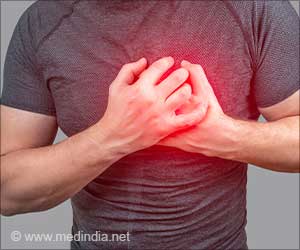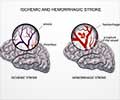Worried about staying cool in the summer heat? Explore practical ways to keep your body cool and avoid heat stroke this summer.
- Stay hydrated by drinking plenty of water and electrolyte-rich beverages
- Wear lightweight, breathable clothing and seek shade during peak sun hours
- Recognize the signs of heat exhaustion and heat stroke, and take prompt action if symptoms occur
Heat stroke
Go to source). However, with proper precautions and awareness, you can enjoy the summer while keeping heat stroke at bay.
Eating spicy foods can help you cool down in hot weather. Spicy foods can increase perspiration, which can help regulate body temperature and provide relief from the heat. #heatsafety #summertips #medindia’
Understanding Heat Stroke and Its Risks
Heat stroke is a severe condition characterized by a core body temperature of 104 degrees Fahrenheit (40 degrees Celsius) or higher. It typically occurs when the body is unable to regulate its temperature due to prolonged exposure to high temperatures and dehydration. Certain factors, such as humidity, age, underlying health conditions, and prolonged physical exertion, can increase the risk of heat stroke.Recognizing the Signs and Symptoms of Heat Stroke
Recognizing the signs and symptoms of heat stroke is crucial for prompt intervention and treatment. Common symptoms include (2✔ ✔Trusted SourceAbout Heat Stroke
Go to source):
High Body Temperature:
A core body temperature of 104 degrees Fahrenheit (40 degrees Celsius) or higher is a hallmark sign of heat stroke.Hot, Dry Skin:
In some cases, the skin may feel hot and dry to the touch, indicating a lack of sweating.Rapid Heart Rate:
An elevated heart rate is often observed in individuals experiencing heat stroke.Headache and Dizziness:
Headaches, dizziness, and feelings of weakness or fatigue may accompany heat stroke.Nausea and Vomiting:
Heat stroke can cause nausea, vomiting, and gastrointestinal distress.Confusion and Altered Mental State:
Confusion, disorientation, and even loss of consciousness may occur in severe cases of heat stroke.How to Prevent Heat Stroke
Preventing heat stroke begins with adopting proactive measures to stay cool and hydrated, especially during hot weather. Here are some effective strategies to prevent heat stroke (3✔ ✔Trusted SourceHeat exhaustion
Go to source):
Stay Hydrated:
Proper hydration is key to preventing heat-related illnesses. Drink plenty of water throughout the day, and avoid alcoholic and caffeinated beverages, which can contribute to dehydration.Seek Shade and Cool Environments:
When outdoors, seek shade whenever possible, and take breaks in air-conditioned or cool indoor spaces. Avoid strenuous activities during the hottest parts of the day.Wear Lightweight Clothing:
Choose lightweight, loose-fitting clothing made from breathable fabrics like cotton or linen. Light-colored clothing reflects sunlight and helps keep the body cooler.Use Sun Protection:
Wear a wide-brimmed hat and sunglasses to protect your face and eyes from the sun’s harmful rays. Apply sunscreen with a high SPF to exposed skin to prevent sunburn.Limit Physical Exertion:
Minimize physical exertion, particularly during peak temperatures. If engaging in outdoor activities, pace yourself and take frequent breaks in shaded areas.Monitor Vulnerable Individuals:
Keep a close eye on vulnerable populations, including children, the elderly, and individuals with chronic health conditions. Ensure they have access to adequate hydration and cool shelter.Know When to Seek Help:
Familiarize yourself with the signs and symptoms of heat stroke, and seek medical attention immediately if you or someone else exhibits symptoms. Heat stroke is a medical emergency that requires prompt treatment.By following these preventive measures and staying vigilant about the signs of heat stroke, you can enjoy the summer safely and avoid the potentially life-threatening consequences of heat-related illnesses. Remember to prioritize hydration, seek shade, and listen to your body’s cues to stay cool and healthy in hot weather. With proper awareness and proactive steps, you can beat the summer heat and prevent heat stroke effectively.
References:
- Heat stroke - (https://pubmed.ncbi.nlm.nih.gov/25880507/)
- About Heat Stroke - (https://www.ncbi.nlm.nih.gov/books/NBK537135/)
- Heat exhaustion - (https://pubmed.ncbi.nlm.nih.gov/30459023/)
Source-Medindia
















